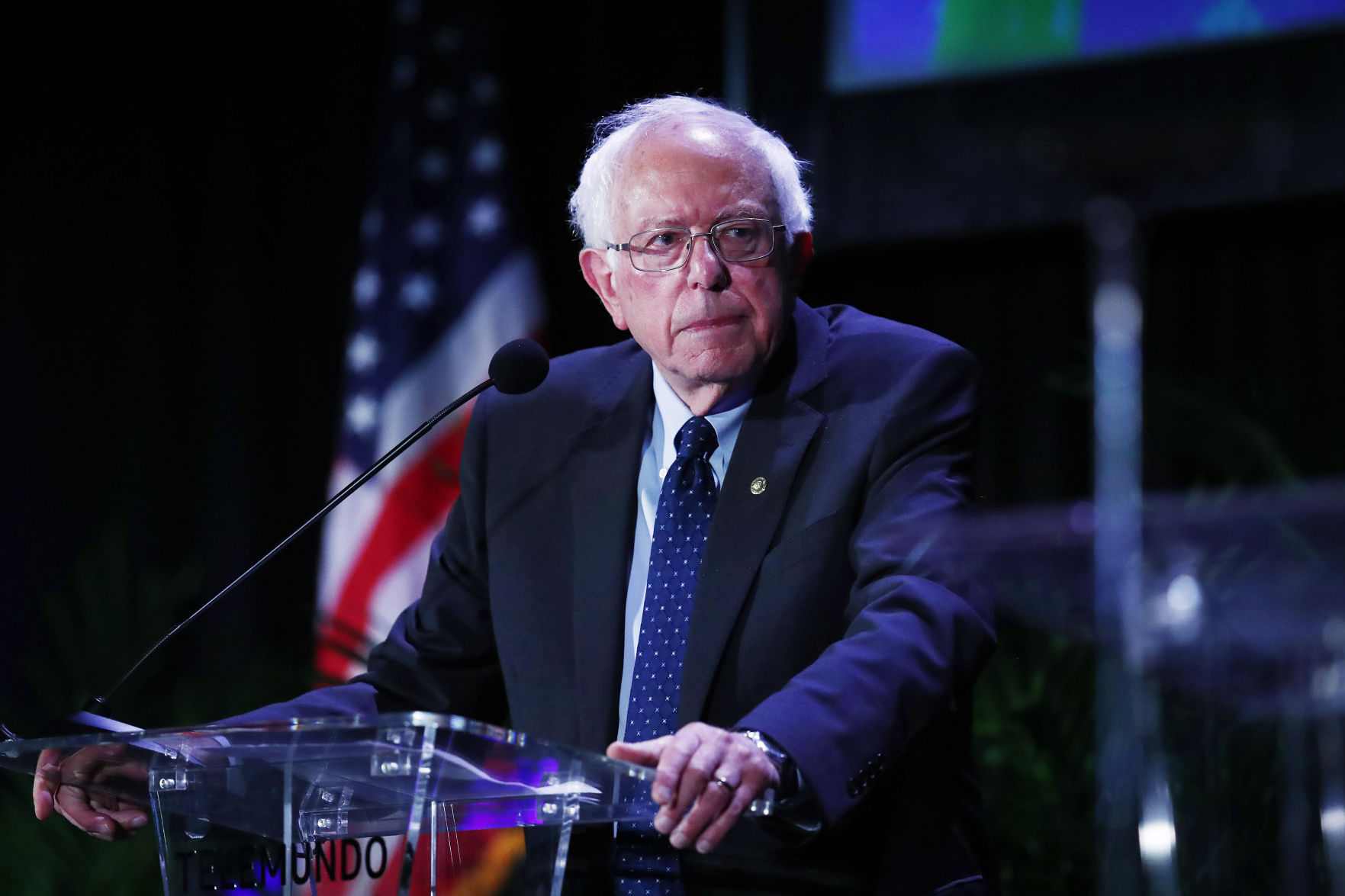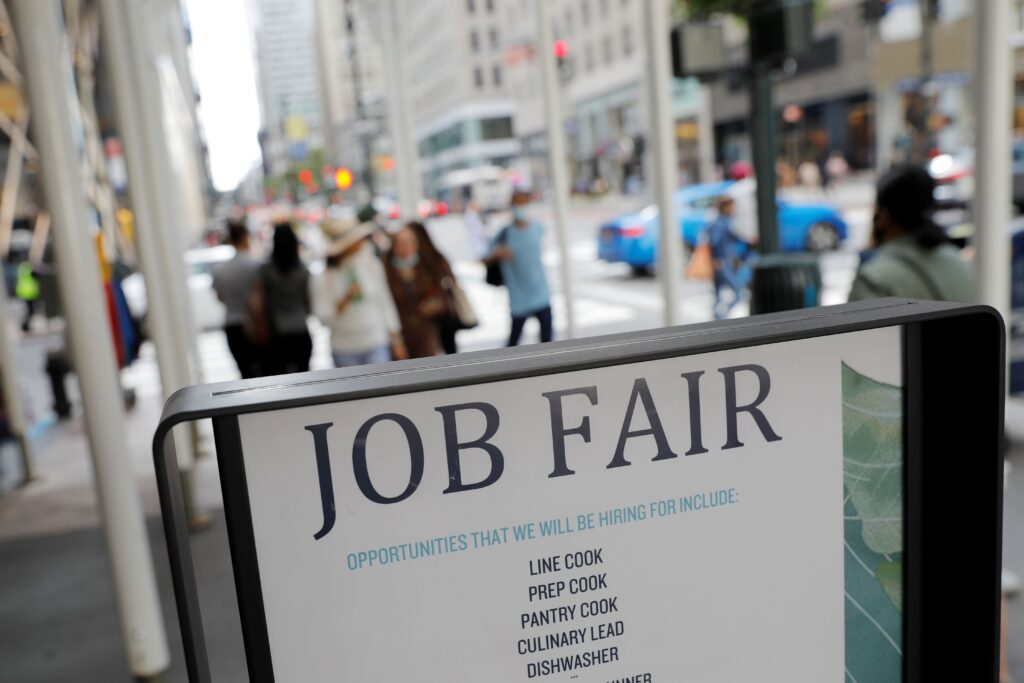Sanders, congressional liberals propose canceling student debt

WASHINGTON – Just before the first Democratic presidential debates, Sen. Bernie Sanders and House progressives rolled out legislation to cancel all student debt, going farther than a signature proposal by Sen. Elizabeth Warren as the two jockey for support from the party’s liberal base.
By canceling all student loans, Sanders says the proposal would address an economic burden for 45 million Americans. The key difference is that Warren’s plan considers the income of the borrowers, canceling $50,000 in debt for those earning less than $100,000 per year and affecting an estimated 42 million people in the U.S.
Questions face both candidates about how to pay for all of that plus their proposals for free tuition at public colleges and universities. But the battling ideas highlight the rivalry between senators who have made fighting economic inequality the cornerstones of their 2020 presidential campaigns.
Sanders vowed at a Monday news conference that his plan “completely eliminates student debt in this country and the absurdity of sentencing an entire generation, the millennial generation, to a lifetime of debt for the crime of doing the right thing. And that is going out and getting a higher education.”
He appeared alongside the proposal’s House sponsors, Reps. Ilhan Omar, D-Minn., Pramila Jayapal, D-Wash., and Rep. Alexandria Ocasio-Cortez, D-N.Y., with American Federation of Teachers President Randi Weingarten also in attendance.
His bill and Warren’s plan are part of their broader appeal to liberal voters on issues such as health care, technology and education.
That appeal is likely to be fleshed out this week during the first Democratic debates. Twenty candidates are set for the showdown, with Warren part of the lineup on Wednesday and Sanders appearing a day later. The events come as Warren appears to be cutting into Sanders’ support from the left.
Sanders’ effort at one-upmanship on student loans, named the College For All Act, would cancel $1.6 trillion of debt and save the average borrower about $3,000 a year, according to materials obtained by The Associated Press. The result would be a stimulus that allows millennials in particular to invest in homes and cars that they wouldn’t otherwise be able to afford. It would cost $2.2 trillion and be paid for – and then some – by a series of taxes on such things as stock trades, bonds and derivatives, according to the proposal.
The universal debt relief is designed partly around the idea that it would mostly benefit Americans who can’t afford college tuition without loans, according to a senior Democratic aide who spoke on condition of anonymity because the legislation wasn’t yet public.
Warren’s plan, which she plans to introduce as legislation alongside Rep. Jim Clyburn, D-S.C., would be paid for by imposing a 2% fee on fortunes greater than $50 million. Warren projects the levy would raise $2.75 trillion over 10 years, enough to pay for a universal child-care plan, free tuition at public colleges and universities, and student loan debt forgiveness for an estimated 42 million Americans – with revenue left over. Critics say top earners would find ways around such penalties.
One key difference between Sanders’ and Warren’s plans is their differing treatment of high earners: Warren wrote that her plan would offer “no debt cancellation to people with household income above $250,000,” or the top 5%. Sanders would extend the benefit even to wealthy borrowers.
Asked on Monday about that decision, Sanders told reporters that he believes in “universality” and added: “In other areas we are going to demand that the wealthy and large corporations start paying their fair share in taxes.”
=
=
=
=
=














